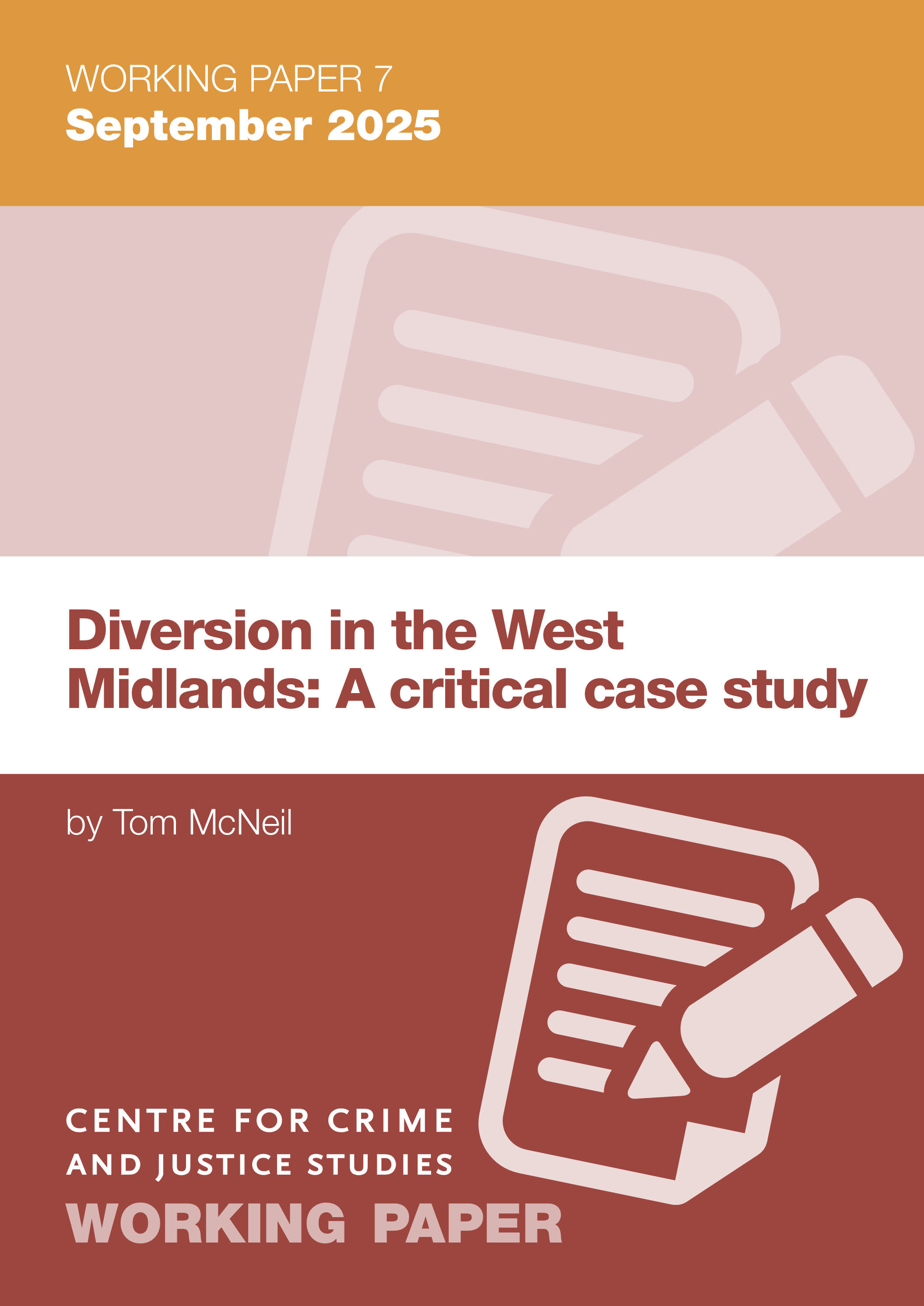In this working paper, Dr Tom McNeil reflects on the key challenges to organisational change and cultural reform in policing, using community rehabilitation initiatives in the West Midlands as a case study.
Drawing on his experience as Assistant Police and Crime Commissioner for the West Midlands from 2021-2024, McNeil outlines some challenges and successes that he observed from local initiatives in diversion and out of court resolutions.
Based on these observations, he outlines 11 policy recommendations for implementing a fuller programme of community rehabilitation.
As McNeil notes in his introduction, the Government plans to publish a White Paper on policing reform later this year. In this working paper, McNeil aims to contribute to the thinking around policing and effective alternatives to custody at a time of considerable national reflection on the justice system, including our approach to sentencing, criminal courts and violence against women and girls.
In this context, McNeil notes the potential impact of getting community rehabilitation right:
Prison can break up families, cause homelessness, be the start of long-term unemployment, and end up being a carousel of long-term reoffending. Conversely, evidence-led community solutions can go towards tackling the drivers of crime, thereby reducing victimisation, pressures on law enforcement and the economic impact of a failing justice system.
The Centre for Crime and Justice Studies’ working paper series publishes research and analysis of an exploratory nature. Working papers are not formally peer-reviewed, but are intended to stimulate reflection and discussion on current and relevant areas.

